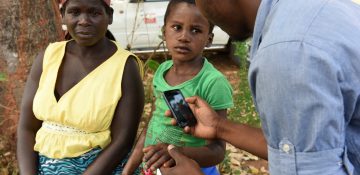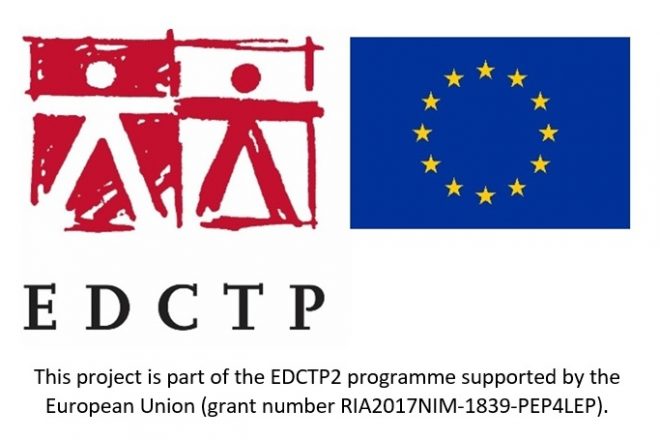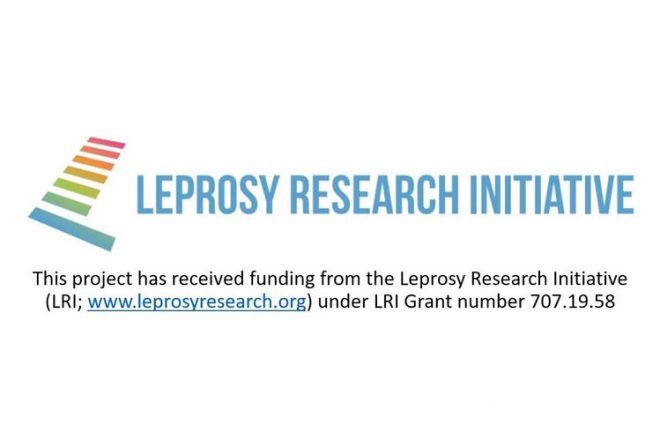Skin camps organized in Tanzania
In July 2020, the first skin camps as part of the PEP4LEP research project were organized in Tanzania. Skin camps bring health care to remote communities.

In PEP4LEP, contacts of leprosy are invited to visit a skin camp for skin screening to see if they have leprosy or other skin diseases. If skin diseases are seen, the contacts receives medication or is referred to a health clinic. After the screening process, contacts of leprosy patients receive one dose of the antibiotic rifampicin (SDR-PEP) to prevent that they develop leprosy.
We are happy to share that the first PEP4LEP skin camp in Lindi was a success! A total of 103 contacts were screened for skin diseases and one new leprosy patient was detected. Over 25 persons were diagnosed with other skin diseases. The health workers involved in the skin camp used NLR’s SkinApp to support them in diagnosing skin diseases, a dermatologist was available to confirm the diagnosis and prescribe treatment.
The first skin camps in Tanzania are a great milestone for PEP4LEP, as the project experienced delays because of the COVID-19 pandemic. Of course, COVID-19 precautions are being taken in the Tanzanian skin camps: time slots for the screening process were used to enable physical distancing, information on COVID-19 was shared, hand washing was promoted, and protective materials, like face masks, were available.
We would like to congratulate the Tanzanian PEP4LEP team with this success!

